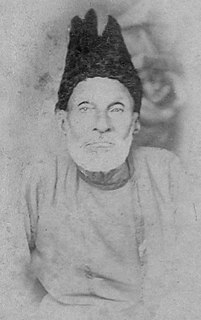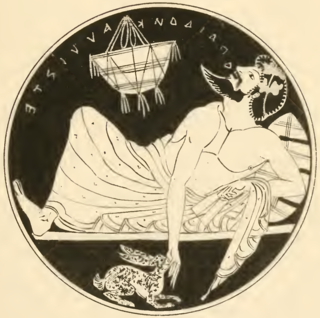A Quote by Mirza Asadullah Khan Ghalib
If there is a knower of tongues here, fetch him; There's a stranger in the city And he has many things to say.
Related Quotes
Life, my dear Watson, is infinitely stranger than fiction; stranger than anything which the mind of man could invent. We could not conceive the things that are merely commonplace to existence. If we could hover over this great city, remove the roofs, and peep in at the things going on, it would make all fiction, with its conventionalities and foreseen conclusions flat, stale and unprofitable.
Finally you come to a point where you almost know it all. You are very wise. You are very pure... except for the fact that you may well have gotten caught in the last trap... the desire to know it all and still be you, "the knower." This is an impossibility. For all of the finite knowledge does not add up to the infinite. In order to take the final step, the knower must go. That is, you can only BE it all, but you can't know it all. The goal is non-dualistic - as long as there is a "knower" and "known" you are in dualism.
When the Stranger says: "What is the meaning of this city? Do you huddle close together because you love each other?" What will you answer? "We all dwell together To make money from each other"? or "This is a community"? Oh my soul, be prepared for the coming of the Stranger. Be prepared for him who knows how to ask questions.
I go down the street, I say hello to everybody, a stranger or otherwise. I know that they do not know me, but I like to say hello and I think they appreciate it. I notice their faces light up with a smile and I believe that if all the people in our great city...would do that, the whole world would begin to say it is the "Friendly City." You can do a tremendous thing here. We get so absorbed, we do not always speak to our friends. Speak to them, even strangers, you are not going to give offense.































